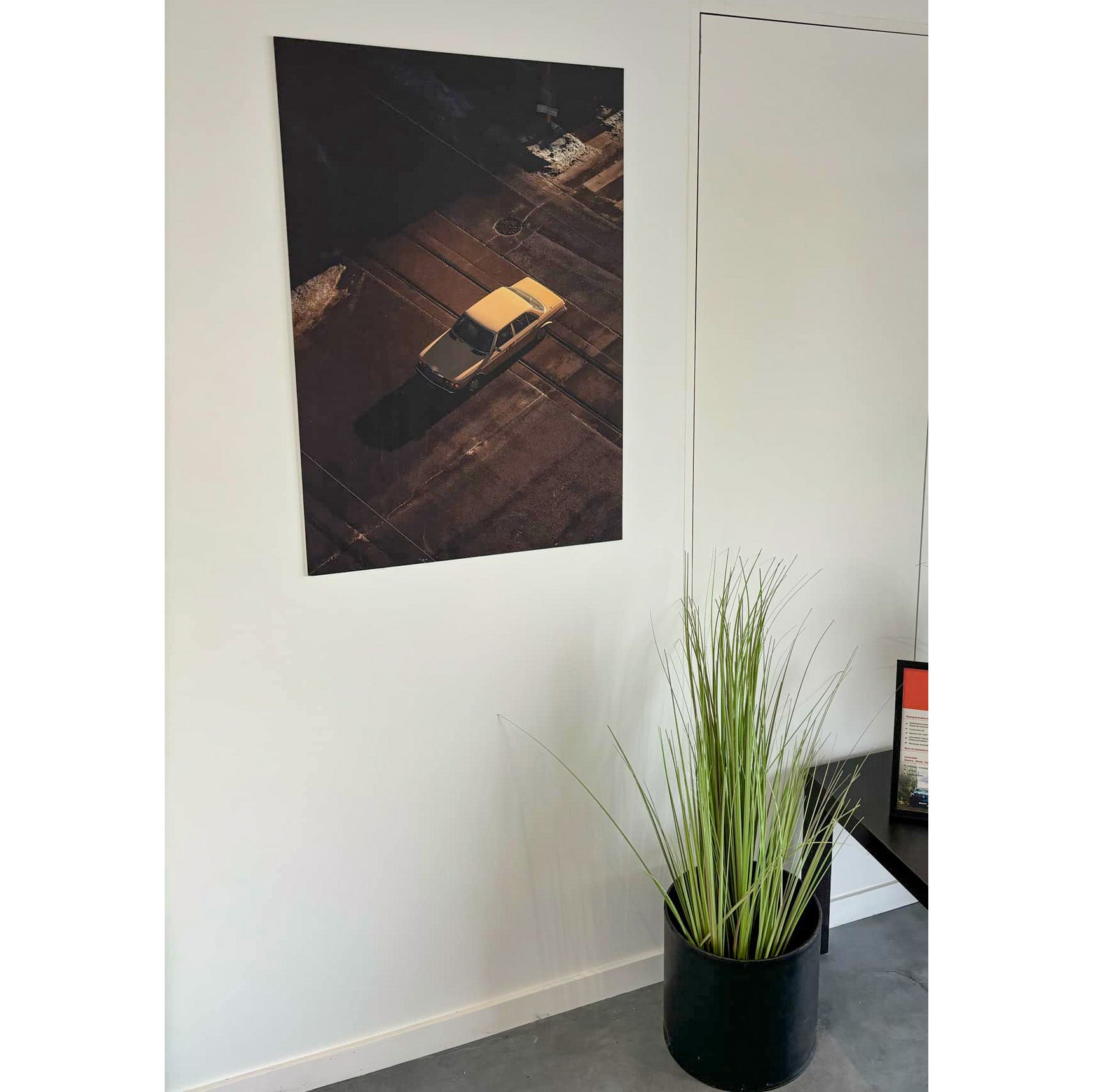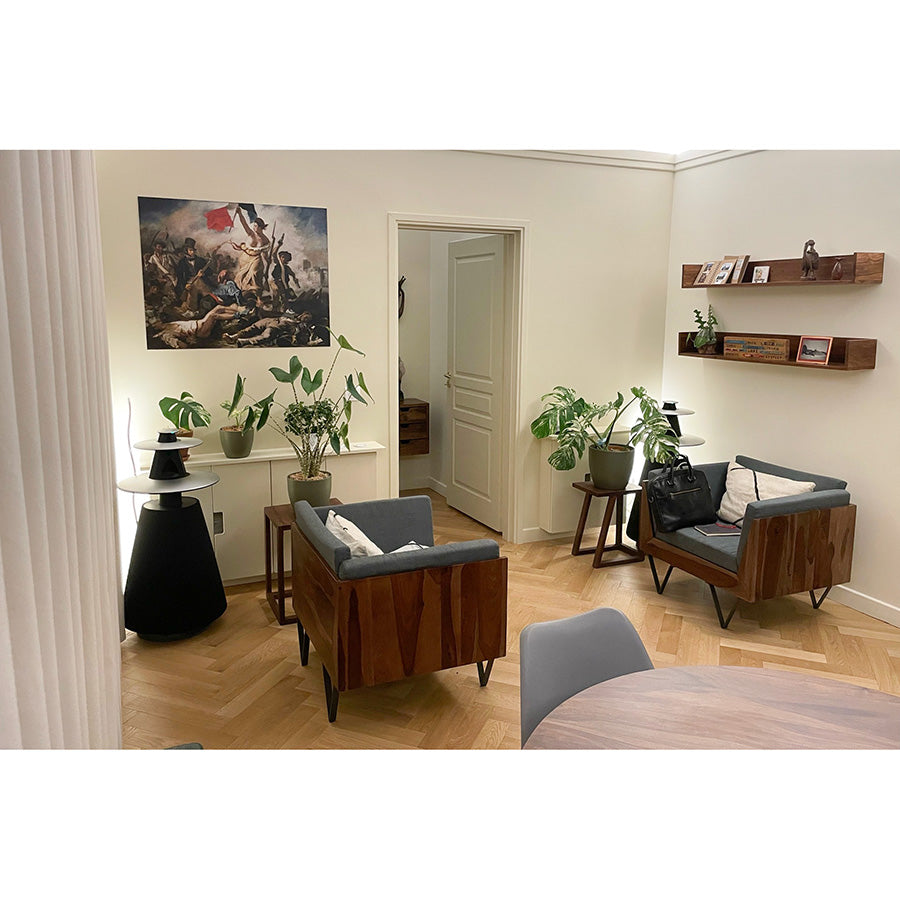Art print | Self-portrait - Jean François Portaels


View from behind

Frame (optional)
Jean François Portaels' Self-Portrait is a work that transcends the simple act of self-representation. This painting, which immediately captures the eye, invites an intimate exploration of the artist's soul. Through his penetrating gaze and thoughtful posture, Portaels offers us a window into his creative universe, while evoking universal themes of identity and self-perception. This piece, imbued with sensitivity, stands at the crossroads between realism and emotion, revealing a depth that encourages contemplation. The light caressing the artist's face and the meticulous details of his expression testify to a technical mastery that makes this art print a centerpiece in art history.
Style and uniqueness of the work
Portaels' style is distinguished by its realistic approach, where each brushstroke seems charged with a precise intention. In this art print, the color palette chosen by the artist enhances the introspective atmosphere of the piece. The subtle nuances of beige and brown, blended with touches of light, create a harmonious balance that draws the eye while revealing the complexity of human emotions. The composition, carefully thought out, guides the viewer toward the artist's face, which becomes the focal point of a reflection on ego and vulnerability. This artwork does not merely depict a man; it becomes an exploration of the multiple facets of identity, a dialogue between the artist and his audience, where each gaze upon the piece can evoke a unique interpretation.
The artist and his influence
Jean François Portaels, born in 1818, is an emblematic figure of the 19th century, whose work continues to influence contemporary artists. Raised in an artistic environment, he developed a style that combines tradition and innovation. Portaels was heavily inspired by the masters of Flemish painting, but he also integrated elements of his time, notably exploring themes of individuality and human psychology. His ability to capture the essence of his subjects, whether portraits or historical scenes, made him a pioneer in

Matte finish

View from behind

Frame (optional)
Jean François Portaels' Self-Portrait is a work that transcends the simple act of self-representation. This painting, which immediately captures the eye, invites an intimate exploration of the artist's soul. Through his penetrating gaze and thoughtful posture, Portaels offers us a window into his creative universe, while evoking universal themes of identity and self-perception. This piece, imbued with sensitivity, stands at the crossroads between realism and emotion, revealing a depth that encourages contemplation. The light caressing the artist's face and the meticulous details of his expression testify to a technical mastery that makes this art print a centerpiece in art history.
Style and uniqueness of the work
Portaels' style is distinguished by its realistic approach, where each brushstroke seems charged with a precise intention. In this art print, the color palette chosen by the artist enhances the introspective atmosphere of the piece. The subtle nuances of beige and brown, blended with touches of light, create a harmonious balance that draws the eye while revealing the complexity of human emotions. The composition, carefully thought out, guides the viewer toward the artist's face, which becomes the focal point of a reflection on ego and vulnerability. This artwork does not merely depict a man; it becomes an exploration of the multiple facets of identity, a dialogue between the artist and his audience, where each gaze upon the piece can evoke a unique interpretation.
The artist and his influence
Jean François Portaels, born in 1818, is an emblematic figure of the 19th century, whose work continues to influence contemporary artists. Raised in an artistic environment, he developed a style that combines tradition and innovation. Portaels was heavily inspired by the masters of Flemish painting, but he also integrated elements of his time, notably exploring themes of individuality and human psychology. His ability to capture the essence of his subjects, whether portraits or historical scenes, made him a pioneer in









